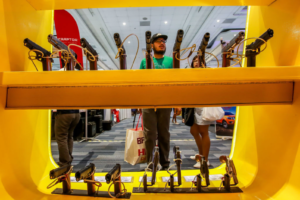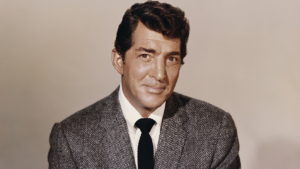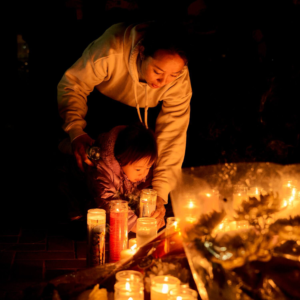Gadot wrote that Celina Biniaz’s testament “left no dry eye in the room,”
Gal Gadot, the granddaughter of a Holocaust survivor, spent the evening before Israel’s Yom Hashoah — the National Holocaust Memorial Day — doing something really special. In her living room, she hosted Holocaust survivor Celina Biniaz, the youngest person saved by Oskar Schindler.
Biniaz, who was born in 1931 in Poland, participated in the event as part of an Israeli initiative called Zikaron Basalon (literally “memory in the living room”), in which people host informal events with survivors to hear their stories, and share conversations and music, in private living rooms. (You can sign up to host an event here.)
The initiative was started in Israel in 2011 by a group of young Israelis who wanted to find new ways to connect with the story of the Holocaust on Yom Hashoah. Aside from private living room meetings, they also spearheaded other initiatives, including a 2018 collaboration with the social music initiative Koolulam in which they helped bring together over 600 survivors to sing “Chai” by Ofra Haza.
In an Instagram post, Gadot said that hosting Biniaz was “an honor and a privilege,” and that her testimony “left no dry eye in the room.” Gadot said that Biniaz looked at her and said, “Life is just like what you said in your Wonder Woman movie — only love can save the world.” It was a moment, Gadot wrote, that will stay with her forever.
During the event, Biniaz talked about how she got Mengele to spare her life and how Oskar Schindler saved her. She also signed copies of her biography, which came out last year. After her testimony, Israeli composer and musician Tomer Adaddi performed songs, including Leonard Cohen’s “Hallelujah,” and the crowd sang along.
Other celebrities were also in attendance — like Harvey Keitel, and Sacha Baron Cohen with his wife Isla Fisher. Fisher shared a photo from the event on her Insagram.
Gadot, whose grandfather, like Biniaz, survived Auschwitz, stressed the importance of telling and remembering stories like Celina’s.
“There are fewer and fewer survivors each memorial day and by the year 2035 there will no longer be any survivors left to tell their stories. It is our responsibility to keep sharing these stories, for ourselves and for the world,” she wrote, “to hear, to know, to learn. To never forget.”
We couldn’t agree more.
Lior Zaltzman
Lior Zaltzman is the deputy managing editor of Kveller.




